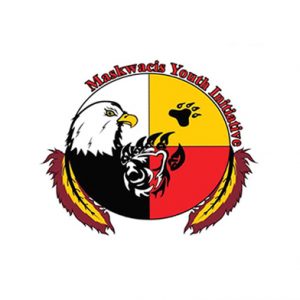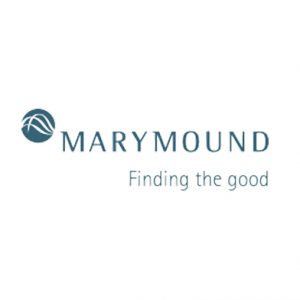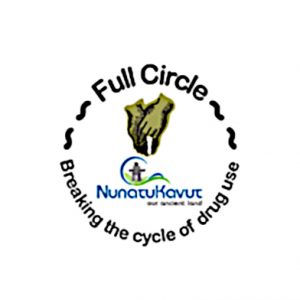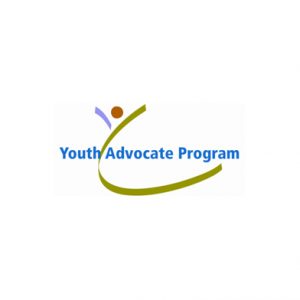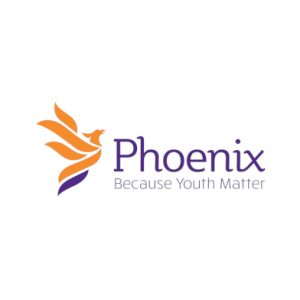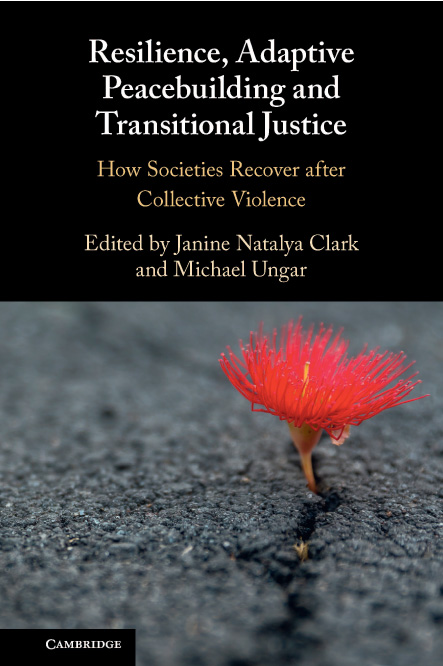
Personalized Evaluations for Your Organization
Evaluation
Our evaluations can help show the impact your work is having in your community and provide the guidance your organization needs to be even more effective. As a boutique social enterprise committed to empowering our clients, our evaluation designs cater to what works best for your particular setting.
Consultation
We offer numerous services on a consultative basis. We also offer capacity building opportunities for organizations by providing training to program staff so they can design and carry out evaluations themselves. Whatever your needs, we can help.
Evaluation Tool Basket
We’ve developed a free and easy to use Evaluation Tool Basket that can help programs and organizations complete their own internal evaluations. Not only do these tools help you design your evaluation, they also can show you how to assess risk, measure resilience and track changes to the quality of the services you provide.
Our Clients and Partner Organizations:

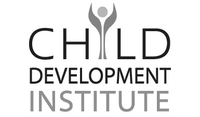




Our Commitment to Your Organization
The Resilience Research Centre has carried out numerous local, national and international evaluations of programs and services concerned with the well-being of children, youth, families, and their communities.
“Our evaluations are tailored to the needs of each program and tend to use mixed methods with a pre-, mid-, post- test design. We work closely with our partners to ensure the evaluation meets their needs, the needs of their funders and that the evaluation is feasible. We also strive to build capacity within the organization by training them to administer the evaluation tools and by working together throughout the entire evaluation process, from the logic model to report writing.”
– Michael Ungar, PhD, Founder and Director of the Resilience Research Centre, Dalhousie University

Our Services:
We offer a variety of evaluation solutions. See which works best for your organization:
Evaluations from Start to Finish
Leave it to us! Tailored to the individual needs of each program or organization, each of our evaluations start with a feasible evaluation design and end with a professionally produced report. We are especially proud of the collaborative way we carry out our evaluations in order to set organizations up for success. Our evaluations will provide insights into the impact your program is having in your community, and guidance on how it can improve. Evaluations can be performed at anytime during a program’s implementation, whether at the beginning (formative design) or at the end (summative design). Many of our evaluations are longitudinal, following those who benefit from an organization’s services over time through a pre-, mid-, and/or post-test design.
Our evaluation designs are specifically tailored to discovering what works best for your organization, whether you are a government agency, not-for-profit or a social enterprise. Our evaluation team is skilled at conducting quantitative (surveys, questionnaires and numerical analyses of data) and qualitative research (interviews, focus groups, file reviews and visual arts-based methodologies). Many of our evaluations have used multiple approaches, creating impactful ‘mixed methods’ designs. By working closely with your organization through ongoing consultations, our mid-term and final evaluation reports will provide a clear and concise summary of your program’s outcomes, complete with resilience scores, risk factors, cost-analysis and other deliverables catered to your organization’s needs.
Consultation
If you’d prefer professional assistance with designing and/or conducting your own evaluation, we offer numerous services on a consultative cost-recovery basis. If preferable, we also offer capacity-building opportunities for your organization by training and equipping program staff with the skills they need to conduct an evaluation themselves. The following list of supports can be provided either individually or bundled into a package:
> Choosing the right evaluation tools (i.e., quantitative, qualitative, or mixed methods)
> Grant-writing
> Creating a logic model
> Consultation on the best methodology for your evaluation or research project
> Data analysis and report writing
> Guidance on how to mobilize knowledge and scale up successful programs

Evaluation Tool Basket
No experience with evaluations? No problem! The RRC has developed a free and easy to use Evaluation Tool Basket designed to help programs and organizations complete their own internal evaluation. With a variety of easy to understand tools available, you can select the tools that work for you at no charge.
Delivering Reliable Evaluations Globally:
Ready to get started?
Our Projects:
Contact Us
We are here to support you. Contact us using the form below to get started.
